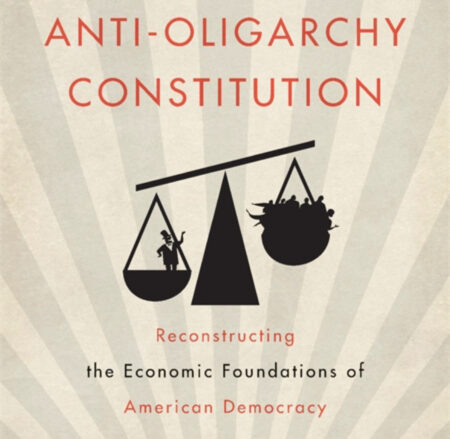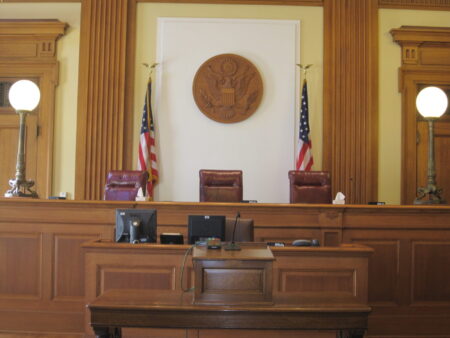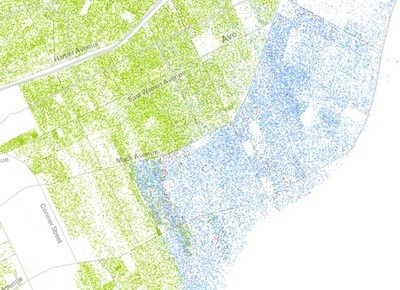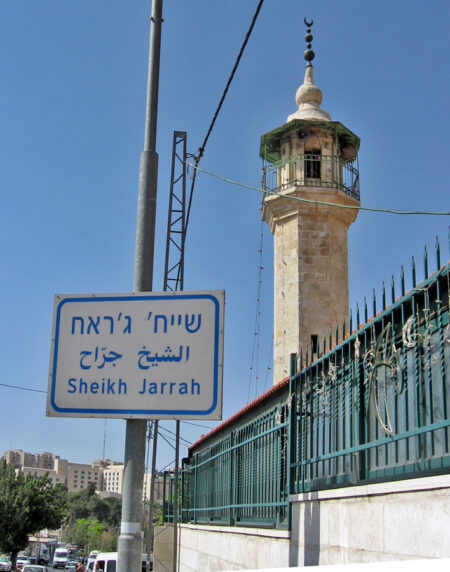
Democracy, Bureaucracy, and Rights
“It is not true that the U.S. Constitution has little to say about our economic rights and liberties – let alone our material welfare. Instead, as Fishkin and Forbath argue convincingly, the Constitution has nourished a democracy-of-opportunity tradition that places our equal social rights front-and-center in constitutional practice and politics.”






